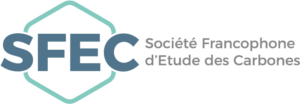Keywords
CO2 capture, adsorbents, activated carbon, gas, regeneration
Objectives
The main aim of this project is to synthetize efficient porous carbon materials for CO2 separation. Other objectives are: (i) to increase the knowledge in science applicable CO2 separation technology by adsorption and; (ii) to provide methods and guidelines for the preparation/modification of these materials.
Position and tasks
CATALPA is a 4 years PEPR research project, funded by the French “National Research Agency” (“ANR”) program”. The CATALPA project entitled « CO2 cApTure At Low or decarbonized energy PenAlty », involves 5 academic partners, and one industrial collaborators (IFPEN). The IJL and EDYTEM Laboratories are two partners for the Work Package WP 1: “Innovative separative media for low-carbon footprint CO2 capture processes”.
The work dedicated to WP1 will consist in preparing appropriate activated carbon with ultramicropores (pore diameters < 0.7 nm) and a surface chemistry enriched in electron donors (N, S, F, etc) able to selectively physisorb/desorb of CO2 from a gas mixture also containing CH4 and/or N2 and other minority components over a large pressure range (up to 20-30 bar).
Activated carbons and activated carbons-graphene oxide materials will be prepared by activating naturally N-rich or S-rich biomass (chitosan, keratine, etc..) or a synthetic precursor (including graphene oxide) by a thermochemical activation (using NH 3 as a doping agent and various activating agents such as steam, KOH, NaOH, etc.). The application of post-thermal treatments (800°C-1500°C) will allow to tailor the pore size distribution in order to enhance adsorption selectivity. Additionally, the preparation of activated carbons by loading with supported metal oxides and or the saturation of the activated carbons with solvents such as ionic liquids. Green chemistry principles will be followed as far as it is possible.
The elaborated activated carbons will be characterized to determine their textural properties (determination of the micro/meso/macro porosity) and also their surface chemistry properties (oxygenated and nitrogenated groups, composition by elemental analysis, ICP analysis of the ashes, and XPS). The textural characteristics (porosity) of the materials will be determined by adsorptiondesorption of N2 at -196°C, CO2 at 0°C, Ar at -186°C and/or H 2 at -196°C, depending of the solid one gas or two gases will be used to obtain precise textural characterization and pore size distributions. Chemical and structural characterization will be also conducted including elemental analysis, FTIR, PXRD, SEM, and TGA. The adsorption isotherms for pure gases (CH4 , CO2 ) and their mixtures will be determined and their adsorption enthalpies evaluated.
Reusability and breakthrough curves will be measured in a multicomponent adsorption unit at IJL. Reusability will be addressed through repeated cycles of adsorption/desorption in the same small coadsorption unit. The best ACs will be produced in larger amounts in order to pelletize them and test in a PSA/TSA unit equipped with two parallel columns already available at IJL. This will allow to optimize the material CO2 separation efficiency and to better understand the adsorption properties in relation with its structure texture structure and surface chemistry characteristics
The pH. D student will work on the WP1 tasks of the CATALPA project on two sites: EDYTEM laboratory at University Savoie Mont Blanc (Le Bourget du Lac site) and Institut Jean Lamour at University de Lorraine (Epinal site). The Ph. D student researcher will have to interact and collaborate with the partners implied in the CATALPA project, and present the results in progress meetings.
Geographic Mobility
The position is open for a period of 36 months
Best starting date: September-December 2023
National mobility is required
Profile
The candidate should have strong skills in materials chemistry, in adsorption phenomena onto solids, and characterization of porous materials. The candidate possesses a background in materials chemistry or chemistry-physics (Master or Engineer in materials science or chemistry). Good experience in the laboratory experimental work in chemical and analysis techniques is required. Knowledge in analytical chemistry will be positively considered.
The candidate is expected to produce independent and original research in the defined area, to be capable of working highly autonomous, to interact with the members of the group, to write progress reports, and to participate in dissemination activities (publications, workshop, conferences and progress meetings).
Required documents for the application
– Short Curriculum Vitae and a covering letter showing your interest and especially addressing your professional project
– Recommendation letters.
– Scores and rank in the last formation
The selected candidates will be first interviewed by videoconference and then if possible interviewed at the host research unit.
Contacts
Laurent Duclaux (Prof.), Laurent.Duclaux @univ-smb.fr +33 (0)479 758 805
Vanessa Fierro (Research Prof.), Vanessa.Fierro@univ-lorraine.fr +33 (0)372 749 677
Laurence Reinert (Assistant Prof.), Laurence.Reinert @univ-smb.fr +33 (0)479 758 122
Salary
Fixed Term contract 36 Months
Gross salary estimation 1975 € / months

